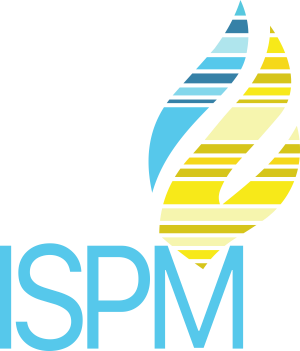The professional figure of a Project Manager plays a key role in the evaluation, planning and implementation of a research project.
The success of a project is often linked to the PM’s ability to combine technical knowledge with cognitive, relational, behavioral and emotional skills. A set of qualities acquired during the formative path and through managerial training courses that can improve the PM’s skills related to “knowing-how-to-be”. Skills that can contribute to limit the inevitable conflict of interests inside the team and to strengthen the motivation and cohesion of the group.
The PM role is complex: a professional figure that needs to invest a lot of energies to grow as a person and as a leader.
Edoardo Grimaldi, PMI Italy Southern Chapter Board Director and speaker of ISPM 2021, gave us an interesting view on which kind of training and eductaion are required to develop the PM specific skills .

Which skills should a PM develop?
We can identify 3 primary dimensions related to Project Manager Competencies:
• Knowledge – What the project manager knows about the application of project management processes, project activities tools and techniques. KNOW
• Performance – How the project manager applies project management knowledge to achieve project requirements. KNOW-HOW
• Personal – How the project manager behaves when carrying out project activities; his attitudes and the characteristics of his personality. KNOWING HOW TO BE
All 3 of these areas are equally necessary to be considered a Competent Project Manager.
How to acquire and certify these skills ?
Knowledge Competencies are acquired through study or participation in courses / events and can be demonstrated / certified by passing an exam (eg CAPM, PMP).
Performance Competencies are acquired with practice and can be validated by the verification of the Project Deliverables produced during a project and their compliance with defined criteria and standards.
Personal Competencies (such as Communicating, Leading, Cognitive Ability, Effectiveness, …), are strongly linked to the culture and personality of each individual, but can be acquired, developed, refined through education, mentoring, coaching, training on the job,….
How to establish a trust bond between the project manager and the team?
Project Managers operate in contexts where they have less Authority and more Responsibility. They therefore use Leadership to win over and motivate the team, aiming for the success of the project. A goal achievable thanks to a Trust bond with their collaborators.
An Ethical Behavior by the PM (based on principles of Honesty, Responsibility, fairness, Respect), enable the creation of Trust within the team and indirectly strengthens the leadership of the PM and therefore represents a fundamental factor for the success of the project.
What are the values that a project manager must develop?
The ethical behavior of a PM must be based on 4 fundamental pillars (see PMI Code of Ethics):
Responsibility: It’s our duty to take ownership for the decisions we make or fail to make, the actions we take or fail to take, and the consequences that result.
Respect: It’s our duty to show a high regard for ourselves, others, and the resources entrusted to us. Resources entrusted to us may include people, money, reputation, the safety of others, and natural or environmental resources.
Fairness: It’s our duty to make decisions and act impartially and objectively. Our conduct must be free from competing self interest, prejudice, and favoritism.
Honesty: It’s our duty to understand the truth and act in a truthful manner both in our communications and in our conduct.


